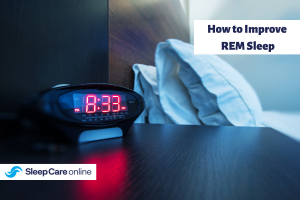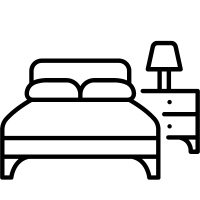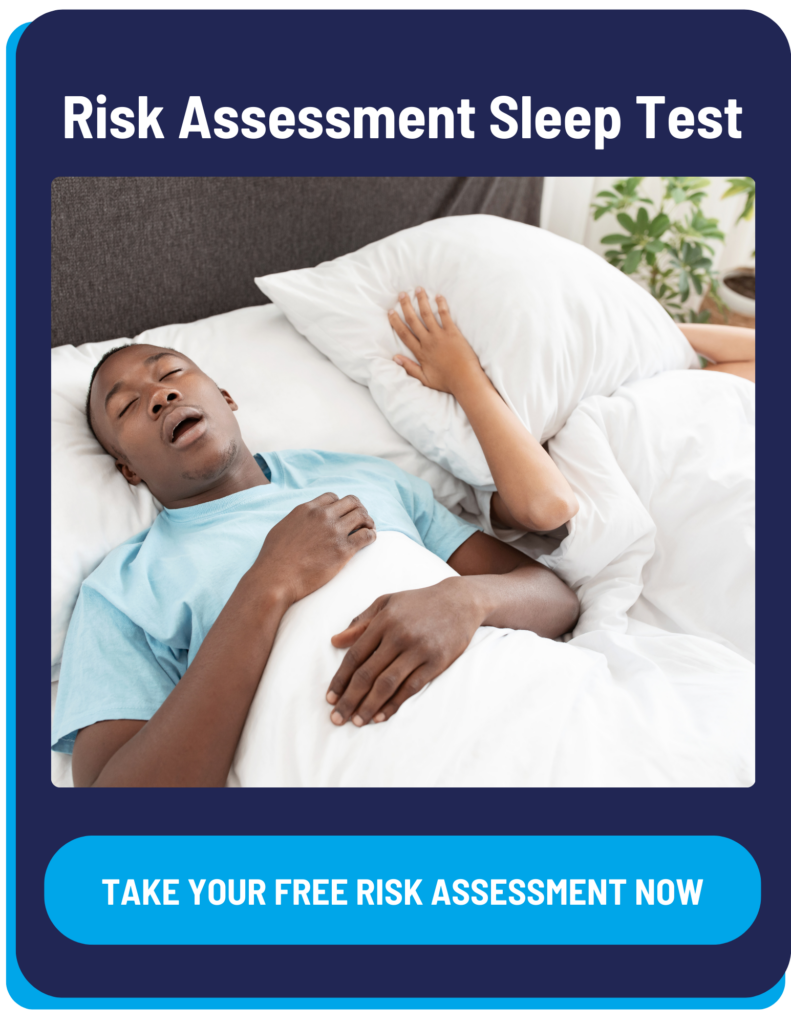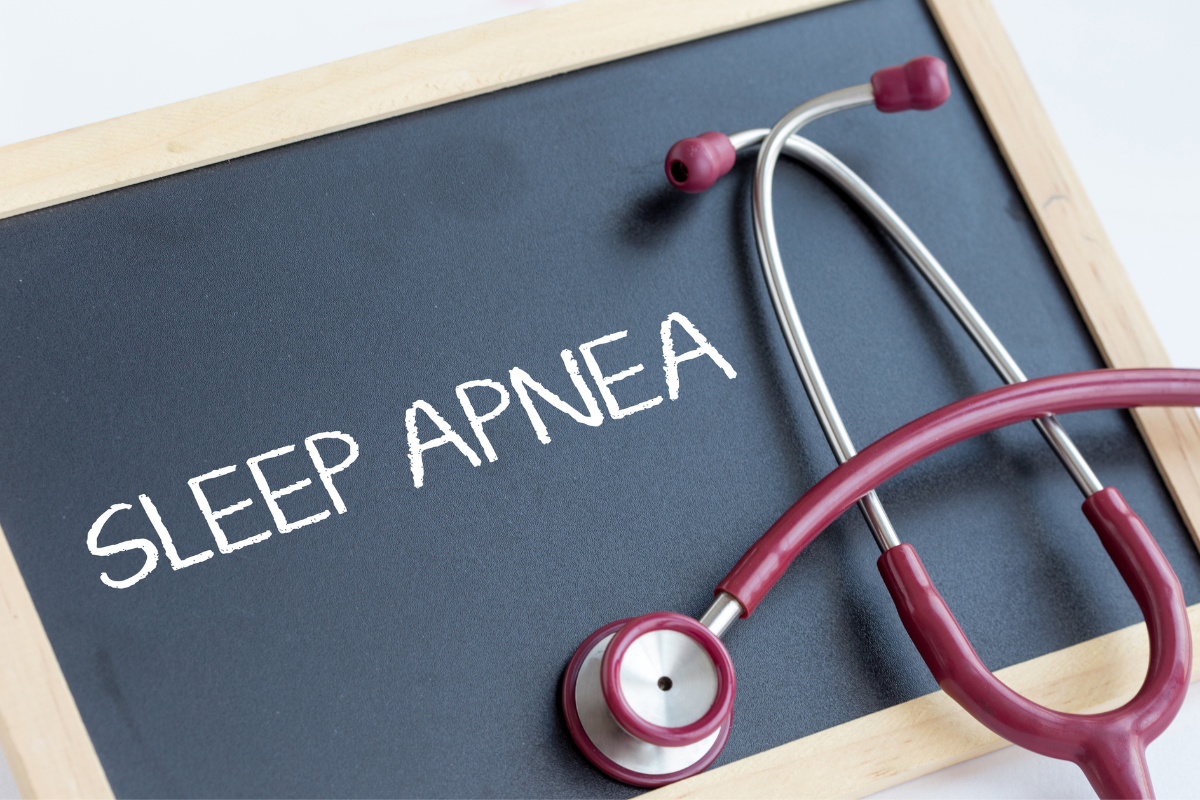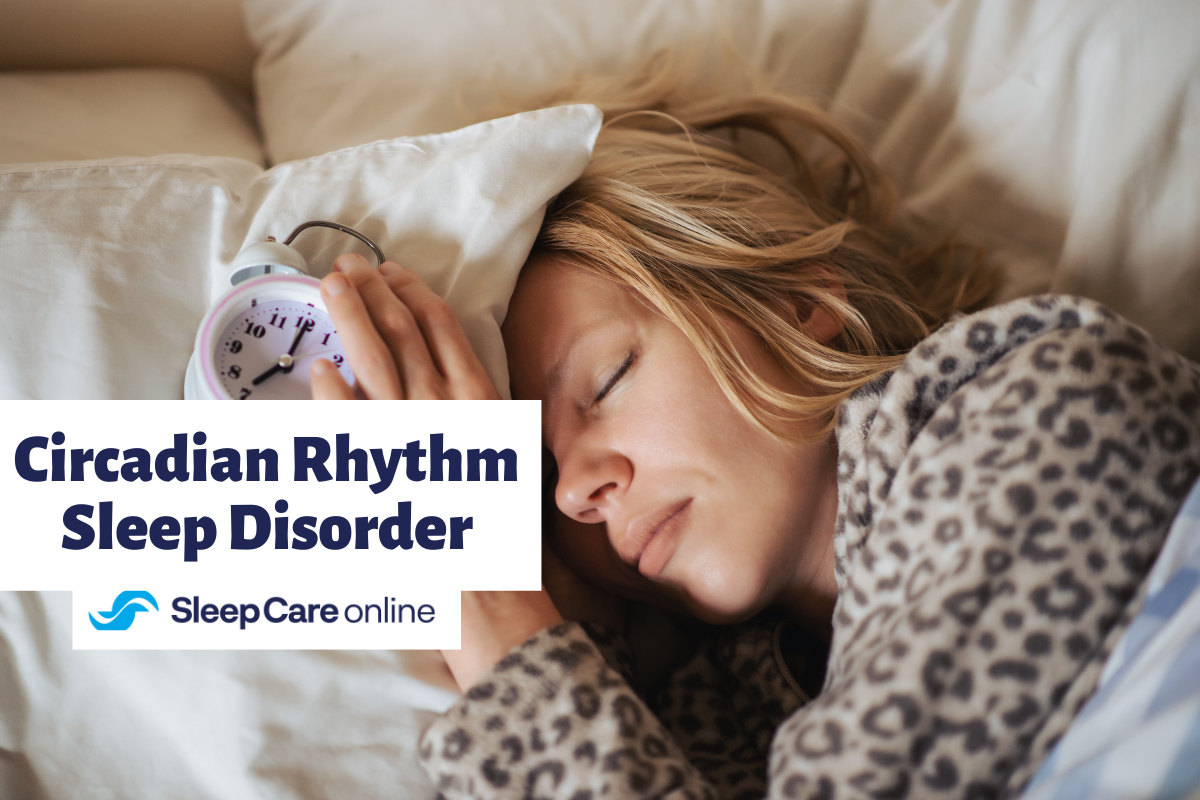What is REM Sleep?
Brain activity increases when you enter rapid eye movement (REM) sleep. It is similar to activity levels that compare to when a person is awake. As a result, when a person is in the REM stage of sleep, they could have emotional and intense dreams. Additionally, when dreaming in REM sleep, body parts and muscles that people typically have full control over can actually temporarily become paralyzed.
REM sleep is the fourth stage of the sleep cycle which occurs around the 1-2 hour mark of falling asleep. The REM stage includes many periods, first beginning with 10 minutes, then getting longer and longer as a person falls deeper into sleep.
What Happens During REM Sleep?
When a person is in REM sleep, their eyes move rapidly and their heart rate speeds up. Their breathing may also become irregular. Unlike the other sleep stages in the sleep cycle, the brain is highly active during REM sleep.
During REM sleep, the body will operate similarly to how it does when a person is awake. The main differences are that the eyes remain closed and there is a loss in muscle tone. This helps a person not act out in their sleep and potentially injure themself or their bed partner.
What are the Differences Between REM & Non-REM Sleep?
There are many differences between REM sleep and the other stages of the sleep cycle. They include:
- Brain activity: As stated above, brain activity is high in REM sleep, but it is reduced in non-REM.
- Eye movements: Eyes move rapidly in REM, but not in non-REM.
- Muscle tone: Muscle tone is temporarily lost in REM, but some muscle tone is in non-REM.
- Dreaming: Dreams are vivid and frequent in REM sleep but are less frequent and vivid in Non-REM.
- Sleep stages: Non-REM includes multiple stages, while REM is a single stage.
Why Is REM Sleep Important?
REM Sleep and deep sleep are critical stages in your sleep cycle. During this important phase of sleep, you experience brain rejuvenation, memory consolidation, emotional processing, and vivid dreaming. During REM sleep your brain performs an inventory of important and unimportant information, deleting the details that clog the brain and renewing key information for waking life. Essentially the REM sleep stage prepares you for the wakefulness of the next day. It is a brain recharge.
How Much REM Sleep Do You Need?
People need sleep to survive. Sleep is essential for people to survive and function properly. While a person is sleeping, the body performs essential biological functions as well as repairs and refuels itself. It is recommended that adults get 7-8 hours of sleep per night. Not getting enough sleep results in sleep deprivation, which can lead to many other problems. Although lifestyles and different work routines may affect a person’s sleep, it is something that needs to be prioritized in every person’s life.
When a person is not getting enough sleep, they may experience some negative side effects, including poor cognitive function, increased inflammation, and potentially more.
Sleep deprivation consists of five stages that each have its own side effects. The longer a person stays awake, the worse the symptoms get. The table below outlines the stages of sleep deprivation.
| Stage 1: After 24 hours | Drowsiness, irritability, decreased alertness, and impaired concentration |
| Stage 2: after 36 hours | Experience microsleep along with impaired memory and difficulty learning new information |
| Stage 3: after 48 hours | Hallucinations, anxiety, and extreme fatigue |
| Stage 4: after 72 hours | Illusions, delusions, and disordered thinking |
| Stage 5: after 96 hours | Sleep deprivation psychosis |
Recommended Sleep Requirements by Age
Our sleep needs change with age. Usually, newborns require the most sleep, up to 14-17 hours. The amount of sleep needed decreases as we get older. Teens only need 8-10 hours a day. Adults require only 7-9 hours. Adjusting to changing sleep needs is also important so that we get enough sleep to recharge ourselves for wakefulness.
Many factors contribute to a good quality night’s sleep. Not only is the amount of sleep important, but avoiding bad sleep is also essential. Signs of poor sleep quality include repeatedly waking up in the middle of the night, not feeling refreshed and rested in the morning, or other signs like snoring and gasping for air which could also be symptoms of sleep disorders. To improve sleep quality, first, start with making better sleep habits or getting tested for any sleep disorders you could have without knowing.
| Age group | Sleep requirements |
| Newborn | 14-17 hours |
| Infant | 12-16 hours |
| Toddler | 11-14 hours |
| Preschool | 10-13 hours |
| School age | 9-12 hours |
| Teen | 8-10 hours |
| Adult | 7-8 hours |
What is Sleep Debt or Sleep Deprivation?
Sleep debt is when you sleep fewer hours than your body needs. It’s cumulative, meaning that if you regularly get less sleep than you should, you’re going to have more sleep debt.
For instance, if you get four hours of sleep when you should be getting eight, you’ll have a sleep debt of four hours. If you do this for the next seven days, you’ll end up with a sleep debt of 28 hours. Sleep debt can negatively impact your health, since getting enough sleep is important for your health.
How To Determine If You Are Getting Enough Sleep?
Be aware of the symptoms of not getting the sleep you need. Often we get accustomed to sleep deprivation and sleep debt appears to be a normal part of life. Knowing when you are losing sleep is the first step to improving health. Sleep deprivation or sleep debt may lead to:
- Drowsiness during the day after a night of sleep
- Difficulty concentrating, remembering
- Irritability and moodiness
- Having difficulty understanding new information or learning new things
- Physical symptoms such as increased blood pressure or weakened immune system
How To Get More REM Sleep?
If you experience any of these earlier-mentioned sleep deprivation symptoms, you can take steps to improve your sleep habits.

Keeping a consistent bedtime helps your body and mind prepare for sleep every night. Try to establish a set time and stick to it.
Bedtime routines help prepare your body and mind for sleep through conditioning. Erratic sleeping schedules can lead to sleep disorders and eventually health-related issues, so a bedtime routine is as important as diet and exercise for your well-being.
Much of healthy sleep can be improved by what we do during the daytime as part of an overall health regimen. Healthy daily habits may include a range of lifestyle choices. A healthy diet and regular exercise both contribute to better sleep every night. Avoiding alcohol and smoking can also help improve our overall health as well as our sleep health. Maintaining a healthy weight not only improves sleep but also curbs the symptoms of sleep disorders like sleep apnea.
Does Disrupted Sleep Lead to Sleep Apnea Symptoms?
While disrupted sleep can be harmful to your health it does not cause sleep apnea. Sleep apnea may be causing your disrupted sleep. If you have sleep apnea, then you may have to include CPAP therapy as part of your bedtime routine. Staying CPAP compliant along with a healthy sleep schedule can both help reduce the instances of apneas throughout the night, so you sleep better.
Sleep apnea however is probably not the result of a poor sleep schedule. You need to follow the recommendations from a doctor to curb the symptoms and improve sleep. Only a doctor can help you determine the severity of your sleep apnea and provide proper treatment.
Where Can I Get Tested for Sleep Apnea?
If you suspect that you have sleep apnea, the first step is to get an accurate diagnosis. You can do that through a home sleep apnea test from Sleep Care Online. Here is how it works:
- With the Complete Care Package, schedule a 10-minute telehealth visit with a healthcare provider to discuss symptoms, upcoming sleep study, test results, and discuss treatment options.
- A multi-night, disposable home sleep apnea test is mailed to your home to be completed at your convenience.
- A physician analyzes the sleep data and provides a prescription if needed.
- Schedule an optional follow-up appointment (additional fee applies).
- We connect you to sleep experts who can offer customized sleep therapy options, assistance in equipment purchase, and initial set-up.

